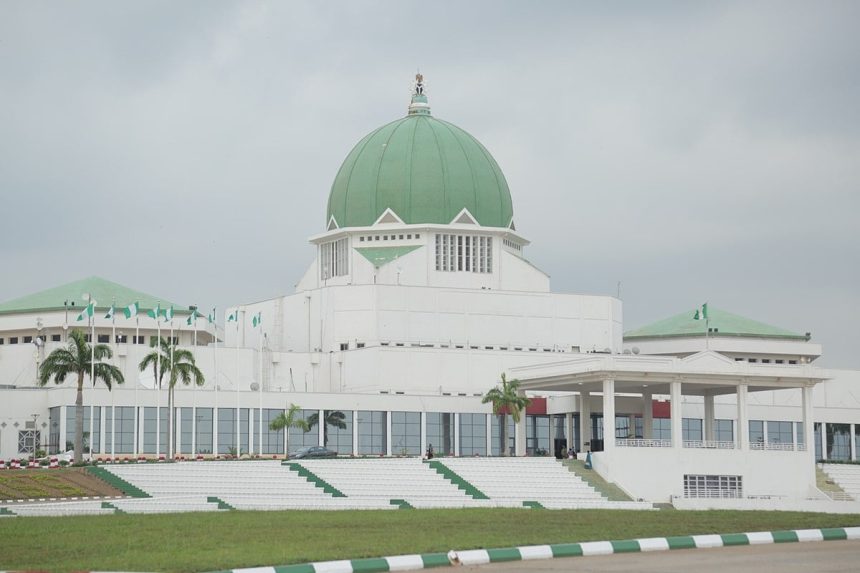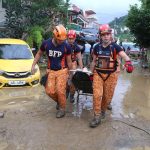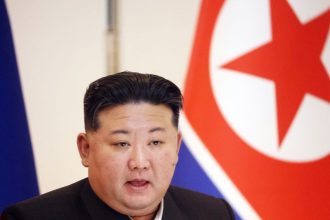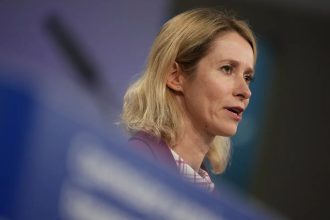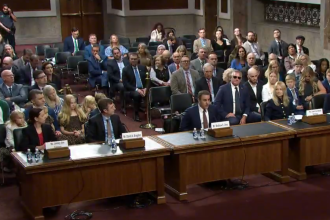The National Automotive Design and Development Council and Senate Committee on Industry have visited three key automotive assembly facilities in the South-East region.
During the two-day oversight tour of the facilities to Innoson Plastic Nigeria, Innoson Vehicle Manufacturing, OMAA Motors, and ANAMMCO Limited, led by NADDC Director-General, Chief Oluwemimo Osanipin, the visitors lamented the waste of infrastructure in ANAMMCO which they said, if properly utilized, would have taken over 5,000 Nigerian graduates from labour market.
The two-day tour, which started on 29th October with the visit to Innoson Plastic Nigeria in Enugu and Innoson Vehicle Manufacturing in Nnewi in Anambra State, and ended with the visit on 30th October 2025 to OMAA Motors and ANAMMCO in Enugu, offered the committee an opportunity to engage directly with industry operators, understand sectoral challenges, and identify legislative and policy interventions that would stimulate growth, investment, and employment in Nigeria’s automotive sector.
The Chairman of the Senate Committee on Industry, Senator Francis Fadahunsi, commended the remarkable efforts of Nigeria’s indigenous vehicle manufacturers, noting the immense potential of the Nigerian automotive sector to drive industrialization, create employment, and reduce dependence on imported vehicles.
“From Innoson in Nnewi to OMAA Motors and ANAMMCO in Enugu, we have seen that there are huge potentials being underutilized due to lack of patronage by federal and state governments. If the government patronizes our local assemblers and CNG bus producers, Nigeria would save valuable foreign exchange and strengthen its economy.
“The Renewed Hope Agenda of President Bola Ahmed Tinubu, is truly working and these indigenous assemblers are clear testimony to that,” he said.
Fadahunsi emphasized that local manufacturers have the capacity to produce any type of vehicle required by the government, provided there was adequate policy support and funding.
“We are urging Ministries, Departments, and Agencies to buy locally-assembled vehicles. Every vehicle produced and purchased in Nigeria contributes directly to our economy and creates jobs.
“Innoson currently employs over 7,000 people, while ANAMMCO has the capacity to employ up to 5,000. The Senate will continue to support these efforts through appropriate legislation to encourage mass production and gradually reduce the importation of used vehicles,” he added.
Addressing journalists after the tour in Enugu, the DG NADDC, Osanipin, expressed his appreciation to the Senate Committee for its commitment to advancing Nigeria’s automotive sector through the oversight function.
“This visit is timely and impactful. The automotive industry has the capacity to generate significant multiplier effects across the economy in employment, technical skills, marketing, and finance. Our inspection revealed that Nigeria has the technical expertise and capacity to meet local demand for automotive components such as plastics. For instance, Innoson is producing vital plastic parts locally, while ANAMMCO is revamping previously grounded vehicles and transforming them into fully functional ones,” Osanipin said.
The Director General further highlighted the Federal Government’s ongoing initiatives to strengthen local automotive production through supportive policies and credit schemes.
“With the Nigerian First Policy of the current administration and the introduction of credit support schemes such as CREDICORP, government is not only encouraging institutional patronage but also enabling individuals to access financing for locally assembled vehicles. In addition, legislative measures being developed will promote investment and accelerate growth in the auto industry,” he said.
The Chief Operating Officer of ANAMMCO, Bennett Ejindu, explained that the renewed attention on automotive industry rekindles hope.
He said, “Passing the National Automotive Industry Development Policy into law will assure investors that Nigeria is serious.
“In the 1970s and 80s, every government agency used Nigerian vehicles. Today traders import and sell more than investors who build here. That has to change.”


